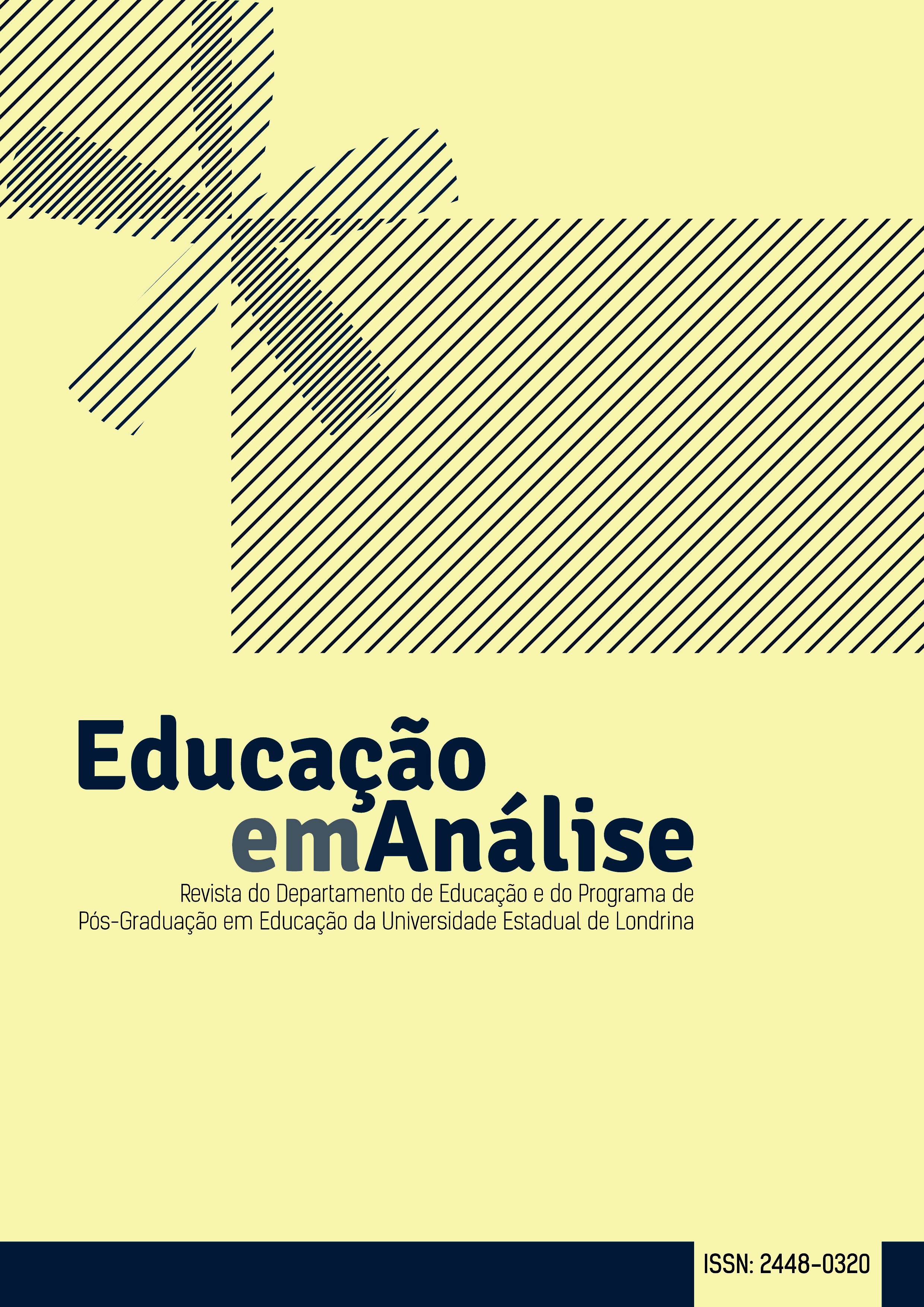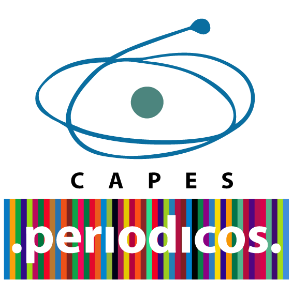Early childhood education and the transmission of culture as the primary function: contributions of the Historical-Cultural Theory to pedagogical practice
DOI:
https://doi.org/10.5433/1984-7939.2024v9n2p609Keywords:
Teoria Histórico-Cultural, Desenvolvimento humano, Função Social da escola, Prática pedagógica na Educação InfantilAbstract
This theoretical paper aims to present the main concepts of historical-cultural theory, taking this theory as a source of contribution to the pedagogical practice of early childhood education teachers. Through a bibliographical review, the text is based on the study of research by Vygotski (1995; 2001), authors from the Vygotskian school (Elkonin, 1996; Leontiev, 2004), and current researchers aligned with this school (Tuleski, 2008; Duarte, 2021). Despite the growth of studies and scientific production on historical-cultural theory and its pedagogical implications in Brazil, gaps, doubts, and mistakes persist in the "didactic transposition" to the dayly early childhood education. The historical context of Vygotskian production and its political connections result in a theory that aims to contribute to human development by defending the transmission of accumulated human culture to new generations. School education acquires a central role in contemporary society, aiming to achieve this objective. This essay provides theoretical elements that can contribute to the construction of political-pedagogical projects in early childhood education referenced in historical-cultural theory.
Downloads
References
BRASIL. Lei nº 9.394, de 20 de dezembro de 1996. Estabelece as diretrizes e bases da educação nacional. Brasília: Presidência da República, 1996. Disponível em: https://www.planalto.gov.br/ccivil_03/Leis/L9394.htm. Acesso em: 26 fev. 2024.
CENCI, Adriane. Trabalho em Marx/Engels e a apropriação desse conceito por Vygotski. Santa Maria: UFSM, 2019. Disponível em: https://www.ufsm.br/app/uploads/sites/373/2019/06/Adriane-Cenci.pdf. Acesso em: 15 mar. 2024.
DUARTE, Newton. Vigotski e o "aprender a aprender": crítica às apropriações neoliberais e pós-modernas da teoria vigotskiana. 5. ed. Campinas: Autores Associados, 2021.
DURKHEIM, Èmile. Educação e Sociologia. São Paulo: Melhoramentos, 1975.
ELKONIN, Daniil Borosovich. Epílogo. In: VYGOTSKI, L. S. Obras escogidas. Madrid: Visor Distribuciones, 1996. t. 5 fundamentos de defectología.
FORQUIN, Jean Claude. Escola e cultura: as bases sociais e epistemológicas do conhecimento escolar. Tradução de Guacira Lopes Louro. Porto Alegre: Artes Médicas, 1993.
LEONTIEV, Alexis. O desenvolvimento do psiquismo. 2. ed. São Paulo: Centauro, 2004.
MARTINS, Lígia Márcia O desenvolvimento do psiquismo e a educação escolar: contribuições à luz da Psicologia Histórico-cultural e da Pedagogia Histórico-crítica. Campinas: Autores Associados, 2013.
NUNES, Deise Gonçalves. Educação infantil e mundo político. Revista Katálysis, Florianópolis, v. 12, n. 1, p. 86-93 jan./jun. 2009. Disponível em: https://periodicos.ufsc.br/index.php/katalysis/article/view/S1414-49802009000100011/10246. Acesso em: 15 mar. 2024.
TULESKI, Silvana Calvo. Vygotski: a construção de uma psicologia marxista. 2. ed. Maringá: Eduem, 2008.
VYGOTSKI, Lev Semionovitch. O problema do desenvolvimento cultural da criança. In: PRESTES, Z.; TUNES, E. (org.). Psicologia, educação e desenvolvimento: escritos de L. S. Vygotski. São Paulo: Expressão Popular, 2021. p. 75-103
VYGOTSKI, Lev Semionovitch. Obras escogidas. Madrid: Visor Distribuiciones, 1995. t. 3.
Downloads
Published
How to Cite
Issue
Section
License
Copyright (c) 2024 Julie Tsukuda, Eliza Maria Barbosa

This work is licensed under a Creative Commons Attribution-NonCommercial 4.0 International License.
Os artigos publicados na Revista Educação em Análise estão sob a Licença Creative Commons Atribuição 4.0 Internacional, garantindo Acesso Aberto. Deste modo, os autores mantêm os direitos autorais de seus trabalhos e, em caso de republicação, solicita-se que indiquem a primeira publicação nesta revista. Essa licença permite que qualquer pessoa leia, baixe, copie e compartilhe o conteúdo, desde que a devida citação seja feita. Além disso, autoriza a redistribuição, adaptação e criação de obras derivadas em qualquer formato ou meio, incluindo uso comercial, desde que a atribuição à revista seja mantida.
A revista se reserva o direito de efetuar, nos originais, alterações de ordem normativa, ortográfica e gramatical, com vistas a manter o padrão culto da língua e a credibilidade do veículo. Respeitará, no entanto, o estilo de escrever dos autores. Alterações, correções ou sugestões de ordem conceitual serão encaminhadas aos autores, quando necessário.
As opiniões emitidas pelos autores dos artigos são de sua exclusiva responsabilidade.
























